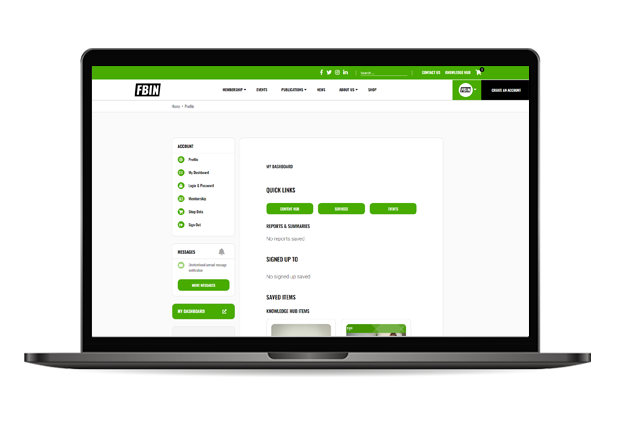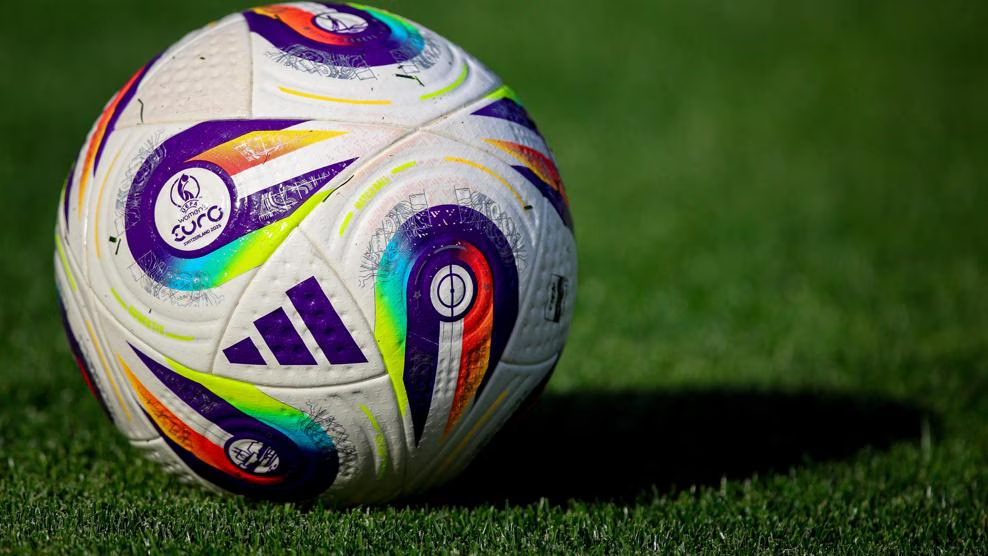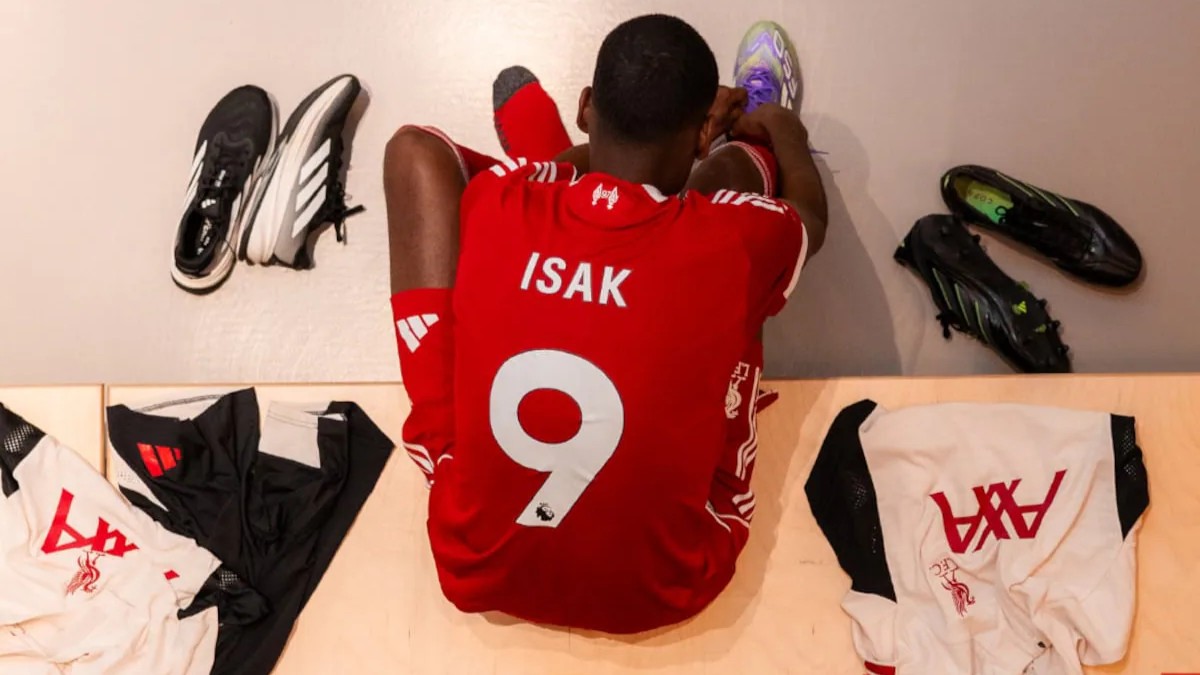While much of the global spotlight has been fixed on the men’s FIFA Club World Cup, a different kind of football milestone is quietly making waves across Switzerland. UEFA Women’s EURO 2025 has kicked off with sell-out crowds, record sponsor engagement, and a clear commitment to legacy. From doubling grassroots participation to advancing sustainable event models.
Despite limited media oxygen, this tournament is already proving to be a landmark event – not just for women’s football – but for how sporting events can balance purpose and profitability. For clubs, leagues, and commercial partners, EURO 2025 is offering a real-time case study in inclusive growth, community engagement, and strategic delivery.
Here’s what every football executive, manager, and stakeholder should be paying attention to.
By Joachim Stelmach
Swiss Government’s Budget Cut and the Sponsorship Balancing Act
UEFA Women’s EURO 2025 began under financial strain when the Swiss Federal Council reduced its planned tournament support from CHF 15 million to just CHF 4 million (The Independent). This is in stark contrast to the CHF 82 million allocated to the men’s EURO 2008, co-hosted by Switzerland.
The cut, described by one MP as “scandalous,” sparked public backlash and political action. Parliamentarians in Bern moved to reinstate the funds, while cities like Geneva stepped up independently, allocating over CHF 1 million to support fan zones and infrastructure.
To fill the gap, UEFA and the Local Organising Committee leaned heavily on sponsors, private investment, and lean planning – redirecting spending from vanity projects to essentials like stadium upgrades, local fan engagement, and digital content.
In a twist, the controversy may have boosted visibility and urgency around the tournament’s legacy, accelerating sponsor activations and reinforcing the business case for deeper private-sector involvement.
A Localized, Digital-First Fan Experience
UEFA has taken clear strides to elevate the digital fan experience for EURO 2025. Building on its learnings from the men’s tournament, UEFA launched a dedicated mobile app in seven languages, making the experience more accessible across Europe.
Features include live match updates, Fantasy Football and predictor games (a first for the women’s edition), and customizable feeds tailored to specific national teams. Content is deeply player-driven, allowing fans to follow exclusive interviews, training camp footage, and behind-the-scenes stories.

UEFA has also leaned heavily into short-form video content across TikTok, Instagram, and YouTube to appeal to younger audiences. These aren’t just repackaged men’s strategies. EURO 2025 marks a real push to localize content with language-specific storytelling and community-driven formats.
The strategy is working. UEFA has reported record-breaking digital engagement, with player-centric videos and multilingual campaigns outperforming expectations and setting a new benchmark for future tournaments.
Ticketing: Affordability, Sell-Outs, and Public Transport Perks
Despite its smaller stadium capacities, EURO 2025 is on track to become the most attended Women’s EURO in history. Over 600,000 tickets were sold well ahead of kick-off, with 22 out of 31 matches declared sell-outs by early July.
UEFA priced tickets with inclusivity in mind. Starting at CHF 25 for group stage matches and reaching CHF 90 for the final. Notably, each match ticket includes free public transport across Switzerland for the day of the event, an initiative aimed at sustainability and cost-effectiveness (UEFA.com).
The result? A 35% international fanbase across ticket buyers, a boon for tourism and local economies. UEFA also coordinated with grassroots clubs to promote attendance, offering block bookings and family packages to fill venues with young fans and community members.
Inclusive Leadership at the Helm
Switzerland 2025 is quietly making history off the pitch, too. The tournament is being led by Doris Keller, the first woman to serve as Tournament Director for a UEFA international tournament. Under her leadership, a majority of key operational roles have been filled by women.

UEFA and the Swiss FA have linked the tournament to broader development goals, including doubling the number of female coaches and referees to 5,000, and implementing female leadership pathways through programs like UEFA’s Women in Football Leadership scheme.
For club and league executives, this is more than symbolic. It’s a demonstration of how inclusive leadership structures can yield effective, values-based governance for major tournaments.
The Decentralized Hosting Model: A Scalable Blueprint?
Unlike traditional mega-events, UEFA Women’s EURO 2025 spans eight cities, from Zurich and Basel to smaller destinations like Thun and Sion. Each city was not required – but chose – to create official fan zones, a signal of strong local buy-in.

This decentralization has reduced the need for new infrastructure. No new stadiums were built. Projected returns exceed CHF 180 million, much of it distributed to regional economies through tourism, hospitality, and media exposure.
For future hosts, the message is clear: you don’t need a mega-city strategy to stage a major tournament. Multi-city, modest-scale events can deliver record attendance and community engagement.
Heat Mitigation and Sustainable Operations
Early matches at EURO 2025 were impacted by high temperatures (up to 36°C). UEFA responded with hydration breaks, permission to bring personal water bottles, and public shade access in stadiums and fan zones.
On the environmental side, Switzerland 2025 is one of UEFA’s most sustainably-run tournaments. Stadion Wankdorf in Bern, for example, uses solar panels generating 1.2 million kWh per year .
All match tickets double as public transport passes, and UEFA has implemented waste-reduction policies like reusable cups, sunscreen refill stations, and eco-label food menus. These moves align with a broader ESG strategy that’s becoming an essential part of event planning across football.
Sponsor Activations: From Branding to Purpose
EURO 2025 is the most commercially supported Women’s EURO yet, with 20 sponsors and projected €33 million in sponsorship revenue.
Visa has continued its role as headline sponsor, offering pitch-side experiences and profiling players in 16 different markets. Adidas introduced Connected Ball Technology for the first time in the women’s tournament.
Lidl launched “Never Stop Growing,” which included free fruit stations at matches and a youth camp for 100 girls from 20 countries. Meanwhile, Unilever’s multi-brand campaign is pushing out over 126,000 in-store activations, and Amazon is running the “Off Mute” digital feedback tool to support player welfare.
These are strategic investments tied to purpose, equality, and growth. They’re also earning ROI: UEFA reports positive brand lift and higher engagement rates than in some men’s events.
Long-Term Legacy and Club Collaboration
The “Here to Stay” legacy plan aims to double women’s participation in Swiss football to 80,000 players, increase women coaches, and invest in local facilities.
Clubs are central to this: they benefit from upgraded facilities, participation in fan engagement programs, and direct UEFA compensation for releasing players to national teams. The Youth Festival format allows grassroots clubs to play during halftime, participate in flag ceremonies, and run side events.
Commercial sponsors like Just Eat and Lidl are reinforcing these efforts by funding grassroots clubs, hosting coaching workshops, and enabling visibility for female-led academies.
UEFA’s club benefits programme is also more generous than ever before, with higher payments for every player released, supporting reinvestment at the club level.
Final Thought
UEFA Women’s EURO 2025 is a blueprint for successful tournaments. From strategic sponsor activations and digital-first engagement to decentralized planning and legacy integration, this edition is showing clubs, federations, and brands how to build a scalable, inclusive, and impactful event.
The business case for women’s football is not just maturing, it’s outperforming expectations.
👉 For more case studies and football business insights, visit the FBIN Knowledge Hub.


 Upgrade to Premium Now
Upgrade to Premium Now






